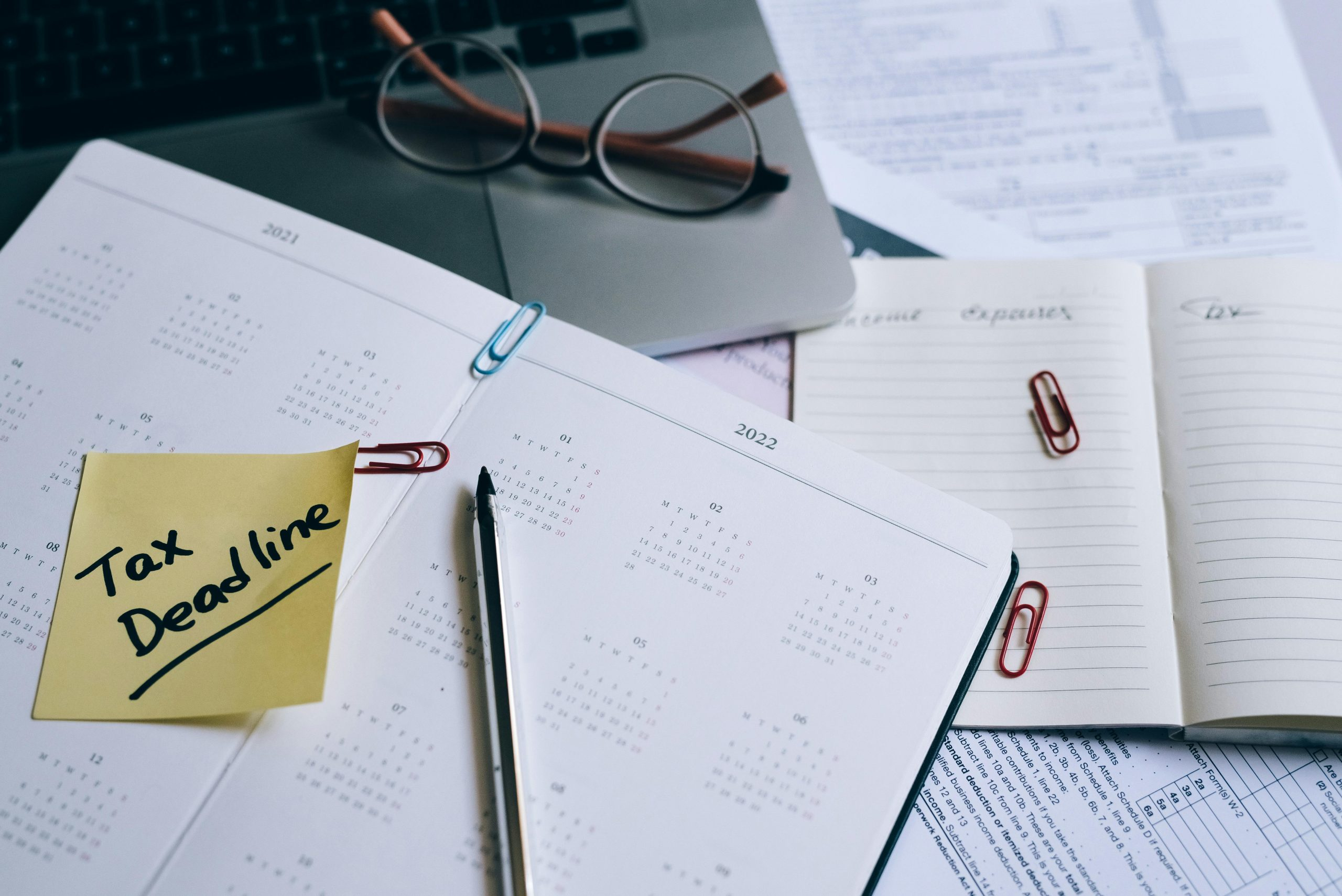Smart Habits for Managing Monthly Expenses Effectively
>
Welcome to the world of adulthood, where monthly expenses take center stage in our lives. Whether you are a recent college graduate or a seasoned professional, managing your monthly expenses can be a daunting task. From rent and utilities to groceries and transportation, it’s easy to feel overwhelmed by all the bills and never-ending expenses. But fear not, by cultivating smart habits, you can effectively manage your monthly expenses and achieve financial stability. In this article, we will explore the top smart habits for managing monthly expenses effectively.
Lay Out Your Finances
The first step in managing your monthly expenses is to have a clear understanding of your financial situation. This involves creating a budget and tracking your income and expenses. Start by listing all your sources of income, including your salary, freelance income, and investments. Next, make a list of your fixed expenses, such as rent, utilities, and insurance. Then, track your variable expenses such as groceries, dining out, and entertainment. This will give you a comprehensive view of your finances and help you identify areas where you can cut back.
Set Priorities
Once you have a clear understanding of your finances, it’s essential to prioritize your expenses. This means identifying your needs versus wants. Your needs include items that are essential for your daily living, such as rent, groceries, and healthcare. Wants, on the other hand, are non-essential items that you could live without, such as dining out and buying new clothes. By setting priorities, you can make informed decisions on which expenses to prioritize, ensuring that your essential needs are covered first.
Find Ways to Save
One of the best smart habits for managing monthly expenses is finding ways to save money. This can be achieved by making small changes in your daily routine. For example, you can cut back on your monthly utility bills by turning off lights and unplugging electronics when not in use. You can also save on groceries by meal planning and buying in bulk. Additionally, consider shopping at thrift stores for clothes and furniture instead of buying new. Small changes like these can add up and significantly reduce your monthly expenses.
Develop a Spending Plan
Another smart habit for managing monthly expenses is to develop a spending plan. This involves setting limits for your variable expenses, such as dining out and entertainment. By setting a budget for these categories, you can avoid overspending and keep track of your expenses. You can also consider using cash instead of credit cards for your variable expenses, as it can help you stick to your budget more closely.
Review Your Bills and Expenses Regularly
It’s essential to review your bills and expenses regularly to ensure that you are not overspending. Take the time to go through your credit card and bank statements and identify any unnecessary charges or subscription services you no longer use. You can also negotiate with service providers to lower your bills if necessary. By regularly reviewing your bills and expenses, you can keep your finances in check and avoid any surprises.
Save for Unexpected Expenses
One of the smartest habits for managing monthly expenses is to save for unexpected expenses. Emergencies can happen at any time, such as unexpected car repairs or medical bills, and it’s crucial to have a financial safety net in place. Aim to save at least 10% of your income for unexpected expenses, and consider opening a separate savings account to further protect your savings.
Avoid Impulse Buying
We’ve all been guilty of impulse buying at some point in our lives, but this impulsive behavior can wreak havoc on our finances. Before making a purchase, take a step back and ask yourself if you really need the item. Consider waiting 24 hours before making a purchase, and if you still want it, then go ahead. By avoiding impulse buying, you can significantly reduce unnecessary expenses and stick to your budget.
Invest in Yourself
Lastly, another smart habit for managing monthly expenses is investing in yourself. This means taking the time to learn about personal finance and investing in your skills and education. By investing in yourself, you can increase your earning potential and create more opportunities for financial stability in the long run.
In Conclusion
Managing monthly expenses effectively takes effort and discipline, but the benefits are well worth it. By laying out your finances, setting priorities, finding ways to save, and developing a spending plan, you can take control of your finances and achieve financial stability. Remember to regularly review your bills and expenses, save for unexpected expenses, avoid impulse buying, and invest in yourself. By incorporating these smart habits into your daily routine, you can make managing your monthly expenses a breeze.









